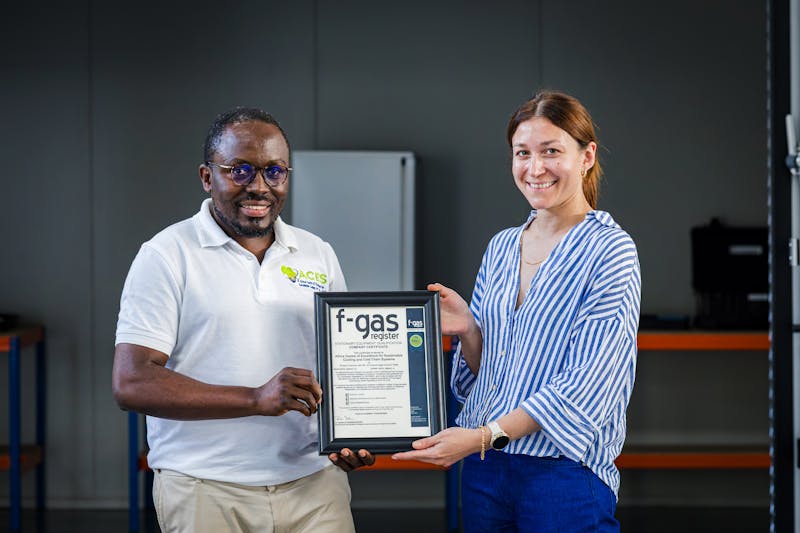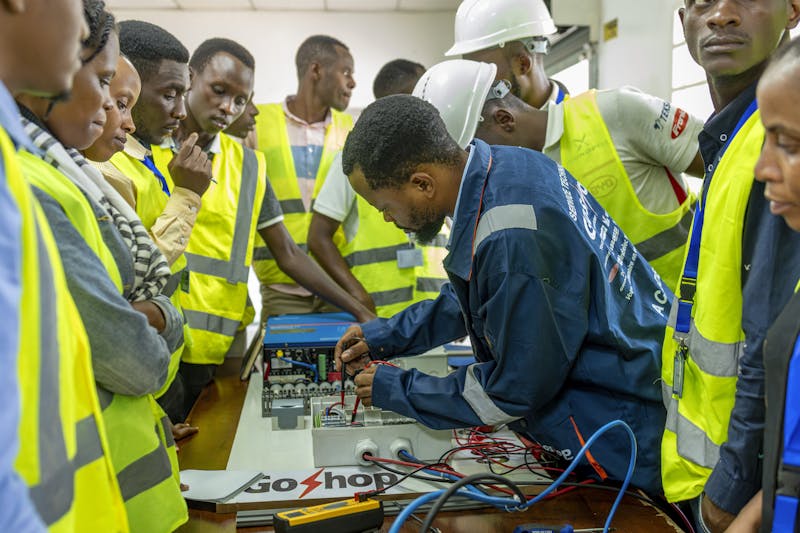Community Cooling Needs Assessment
Addressing both current and future cooling requirements in rural areas
Summary
The Community Cooling Needs Assessment tool (along with a National Landscape Cooling Needs Assessment) has been developed by the Centre for Sustainable Cooling (CSC) in collaboration with academic partners across the UK, EU, Africa and India.
The CSC has led the development and implementation of multiple cooling and cold-chain needs assessments building substantial expertise in this area. This extensive has informed the development of a refined process for undertaking national and community-level cooling and cold-chain assessments.
These studies highlighted challenges such as:
Lack of baseline data at community levels.
Absence of standardised metrics for food and vaccine losses.
Objectives Of The Tool
Undertaking a community-level cooling and cold-chain needs assessment is essential for addressing both current and future cooling requirements in rural areas across sectors such as food, health, and thermal comfort. National projections of cooling demand often rely on top-down models, which can overlook the specific needs and opportunities at the community level. The Community Cooling Needs Assessment Tool bridges this gap by providing a detailed understanding of the unique challenges and potential solutions for local communities. The outputs complement the National Landscape Cooling Needs Assessment, contributing to the development of equitable national-level cooling strategies.
This tool is also used to guide the design of Community Cooling Hubs - an innovative concept developed by the CSC - along with the underpinning business models. These hubs aim to meet rural communities' diverse cooling and cold-chain needs affordably by aggregating services in one integrated system.
The tool aims to guide communities through a series of assessment questions to:
Evaluate the current and future cooling and cold-chain capacity needed to meet community needs across food, health, and thermal comfort.
Identify how communities currently address their cooling and cold-chain requirements.
Assess gaps in the provision of cooling and cold-chain services.
Determine the volume and locations of qualitative and quantitative post-harvest losses.
Identify untapped opportunities, including new market connections, higher-value produce, and value-added activities like food processing.
Identify barriers and challenges, such as operational inefficiencies and training needs.
Accessing The Tool
We are currently finalising the delivery method for this Needs Assessment. Updates will be provided here in due course.






